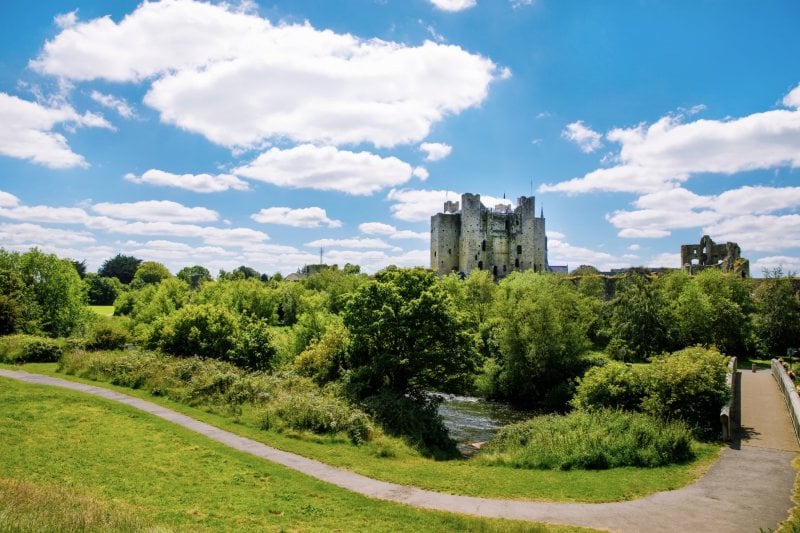Looking Into the History of Scotland

Highlights That Make Scotland Stand Out
Scotland’s history has grown over the years, and its pivoting points included settling the Vikings. These ruling monarchs thrived off of power, incredible philosophers, Roman soldiers, and noble clan members.
Scotland’s history has become so fascinating that it has influenced the online gaming industry with video slot games found in online casinos that are themed based on their historical events, such as the Vikings.
Pivoting Points That Built Scotland’s History
We start with the Palaeolithic Era, which took place around 10 000 BC. This time was known as Scotland’s earliest point of existence, also known as the Stone Age. Here, there’s history based a lot more on their hunter-gatherers. They would live off fish and wild animals, fruits, plants, shells, roots, and nuts.
Many years later, we found the Neolithic Age, which took place around 3 000 BC. This era was known primarily for the prehistoric tools that the hunter-gatherers used to survive. Here, we also see that the hunter-gatherers began farming and settling into more permanent residents. All the ritual and domestic buildings from this era form part of The Heart of Neolithic Orkney World Heritage Site.
Scotland’s history only began having a more solid record from the Roman Empire, which took place in 124 AD. With the Roman Empire came incredible fortifications such as the Hadrian’s Wall and Antonine Wall. This era was a time of many battles, and Scotland experienced much defeat to the Caledonians and Picts.
The Viking’s era began in 800 AD. This was the time of the arrival of the Vikings, and during this time, the Vikings were well accomplished, and they began moving from Norway and Denmark into Scotland to settle there. Simultaneously, the Picts had also started initiating an entire kingdom of their own known as the Kingdom of Alba.
1040 AD is known as when Macbeth took over Scotland and played a significant role in Shakespeare’s craft. To this date, Macbeth is one of the most popular Scottish kings to have lived. He died in battle after ruling Scotland from 1040 AD to 1057 AD.
Scotland’s feudal society began after 1100 AD, and this was a period that signified much peace and calm in the nation before their fight for independence in 1297. Events that had much influence during this time included when William I signed the Treaty of Falaise and when Alexander II and Alexander III reigned. During this time, Scotland had begun to grow in agriculture and trade, which increased the economy and country.
Since then, Scotland has grown in its cultural contributions and society.